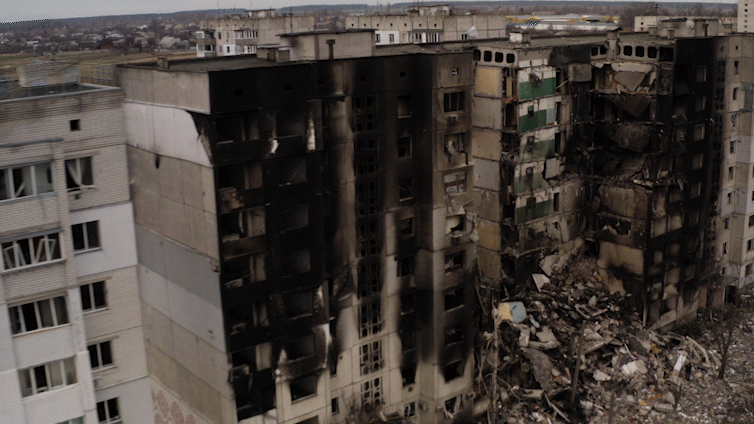The Netherlands pledges over $300 million for Ukraine's reconstruction, economic strengthening

The Netherlands has pledged 300 million euros (approximately $350 million) to support Ukraine's reconstruction and economic recovery through 2026, Dutch Foreign Minister Caspar Veldkamp announced July 10 at the Ukraine Recovery Conference in Rome.
According to a Dutch government press release, the commitment is part of a broader package of non-military aid totaling more than 500 million euros ($583 million) that the Netherlands previously reserved for Ukraine for 2025 and 2026.
Of the newly announced funds, 30 million euros ($35 million) will go to Dutch companies and organizations involved in Ukraine's reconstruction through the Ukraine Partnership Facility (UPF), a subsidy program launched in 2023. An additional 52 million euros ($60 million) will be used next year to help restore Ukraine's energy infrastructure and drinking water supplies.
The Netherlands will also contribute 4 million euros ($4.6 million) for the construction of a new wing at the Children's Hospital in Lviv, in partnership with the Princess Maxima Center for Pediatric Oncology in Utrecht.
"Russia not only wants to bring Ukraine to its knees militarily, but has also been trying for over three years to destroy Ukrainian society and economy through continuous attacks on energy infrastructure, water supply, grain storage, and even houses and apartments," Veldkamp said.
"It is therefore crucial that the international community supports Ukraine not only with weapons but also financially, economically, and socially," he added.
During the conference, Veldkamp and Deputy Prime Minister and Minister of Economic Affairs Yulia Svyrydenko are expected to sign an agreement to extend the UPF program. The initiative supports projects in key sectors such as agriculture, sustainable energy, healthcare, water management, and circular construction.
The Netherlands will also invest 20 million euros ($23 million) over the next two years to strengthen Ukraine's cyber resilience. The funding—10 million euros ($11.6 million) annually in 2025 and 2026—can be used to increase cyber resilience in critical sectors such as energy and transportation.
Officials say the aid is designed to address ongoing Russian cyber threats, which remain a core component of Moscow’s military strategy.
The Ukraine Recovery Conference is an annual forum aimed at coordinating international support for Ukraine’s post-war reconstruction.
This year's event was organized by the governments of Ukraine and Italy, in cooperation with the European Commission, international financial institutions, business leaders, civil society, and global partners—including representatives from the Netherlands.
Since Russia launched its full-scale invasion of Ukraine in February 2022, the Netherlands has provided Kyiv with a total of 8.4 billion euros ($9.4 billion) in support, according to the Kiel Institute for the World Economy.












